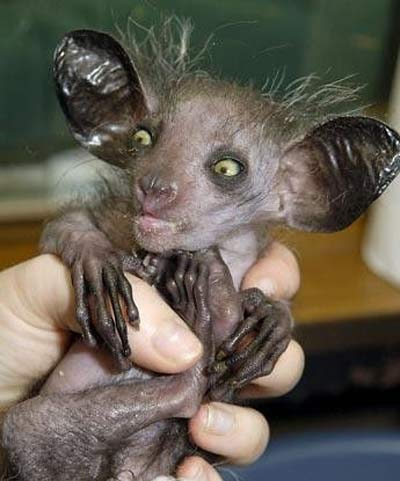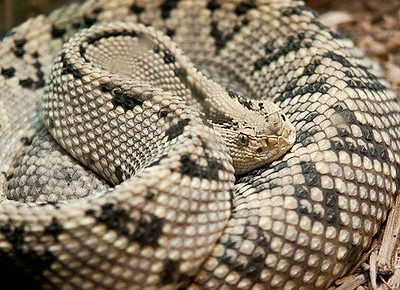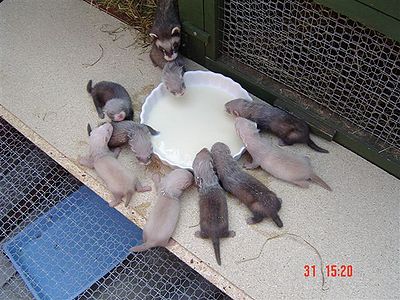
Exotic pets have become popular in recent years and are a booming industry. Some animal welfare organizations, such as PETA, are concerned with the dangers to both animals and humans resulting from trading in exotic animals.
- Transport of animals may be inhumane, and many animals will not survive the trip. This is especially true when they are being illegally imported and are kept in small quarters and smuggled past airport security and x-ray machines.
- Owners of these pets don’t always know how to care for them. They may not meet their social, physical and nutritional needs. Sometimes an exotic animal is released “back to the wild” without the skills to survive in a strange habitat.
- Some animals are becoming endangered in their natural habitats due to the pet trade.
- Some exotic pets are in fact wild animals and not suited to live near humans. Despite training, they will maul or kill people when scared or stressed.
- Exotic animals may carry diseases which can be passed on to humans (zoonoses). Seventy-five percent of all new infectious diseases originate from animals, and many known diseases can be contracted from them.
When considering an unusual pet, research the species. Make sure you are adopting a domesticated animal and not a wild one. Check the laws in your area to make sure you are permitted to own this animal. Get official information and don’t rely on what you can find on Google. Make sure you are not contributing to the species’ extinction by finding out whether it is listed as endangered anywhere in the world. Research how to care for your pet and decide whether you are financially and emotionally prepared to give it proper care. Find a veterinarian in your area who is familiar with the health issues likely to come up. Prefer captive-bred pets over wild caught.
See Should You Adopt an Exotic Pet? for more on what to consider before adopting an exotic pet.



